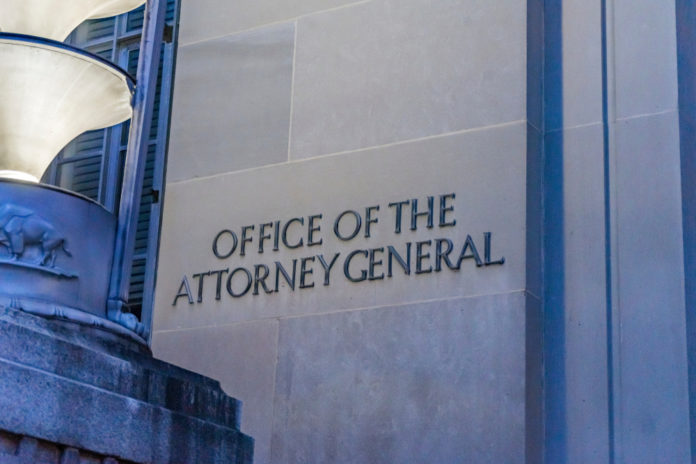On December 13, 2019, the US Department of Justice (DOJ) released revisions to its Voluntary Self-Disclosure Policy for export control and sanctions violations. The revised policy incentivizes companies to voluntarily disclose potential violations by establishing a formal presumption that self-reporting companies will receive a non-prosecution agreement and that they will not incur any monetary fines. This presumption is a significant development from the DOJ’s prior treatment of companies’ self-disclosures of trade violations as merely one of various mitigating factors in the government’s assessment of the potential violation.
In issuing this policy, DOJ was seeking to bring its Voluntary Self-Disclosure Policy into conformity with similar guidance from other DOJ components, such as the Foreign Corrupt Practices Act (FCPA) Corporate Enforcement Policy. Coherence among various DOJ policies may help achieve the DOJ’s stated goal of encouraging corporations to adopt strong compliance programs to prevent and detect export control and sanctions violations.




